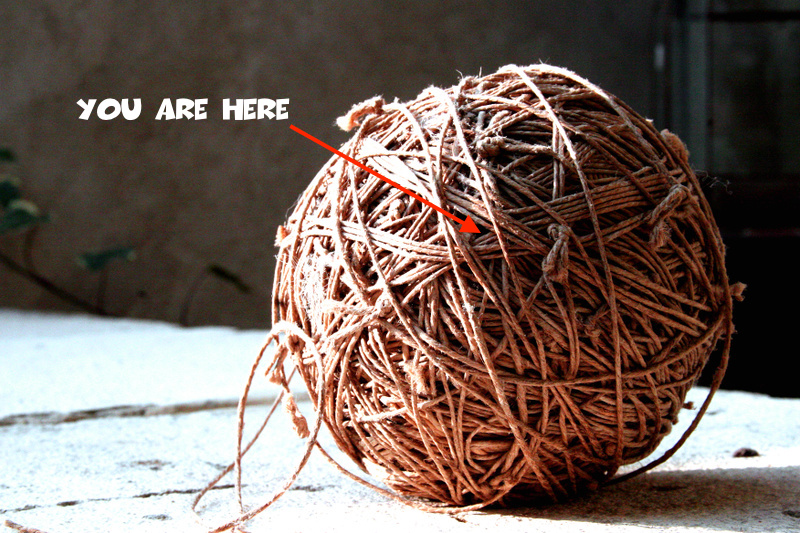The excerpts below are from an essay by Clay Shirky, Professor of New Media at NYU and author of Cognitive Surplus: Creativity and Generosity in a Connected Age. The essay was published in 2011 but remains as relevant as today’s headlines (okay, more relevant than that).
One complaint about the idea of new media as a political force is that most people simply use these tools for commerce, social life, or self-distraction, but this is common to all forms of media.
The more promising way to think about social media is as long-term tools that can strengthen civil society and the public sphere.
In a famous study of political opinion after the 1948 U.S. presidential election, the sociologists Elihu Katz and Paul Lazarsfeld discovered that mass media alone do not change people’s minds; instead, there is a two-step process. Opinions are first transmitted by the media, and then they get echoed by friends, family members, and colleagues. It is in this second, social step that political opinions are formed. This is the step in which the Internet in general, and social media in particular, can make a difference. As with the printing press, the Internet spreads not just media consumption but media production as well — it allows people to privately and publicly articulate and debate a welter of conflicting views.
Little political change happens without the dissemination and adoption of ideas and opinions in the public sphere. Access to information is far less important, politically, than access to conversation. Moreover, a public sphere is more likely to emerge in a society as a result of people’s dissatisfaction with matters of economics or day-to-day governance than from their embrace of abstract political ideals.
“The conservative dilemma” — The dilemma is created by new media that increase public access to speech or assembly; with the spread of such media, whether photocopiers or Web browsers, a state accustomed to having a monopoly on public speech finds itself called to account for anomalies between its view of events and the public’s. The two responses to the conservative dilemma are censorship and propaganda.
“The cute cat theory of digital activism” — Tools specifically designed for dissident use are politically easy for the state to shut down, whereas tools in broad use become much harder to censor without risking politicizing the larger group of otherwise apolitical actors.
There are, broadly speaking, two arguments against the idea that social media will make a difference in national politics. The first is that the tools are themselves ineffective, and the second is that they produce as much harm to democratization as good, because repressive governments are becoming better at using these tools to suppress dissent.


